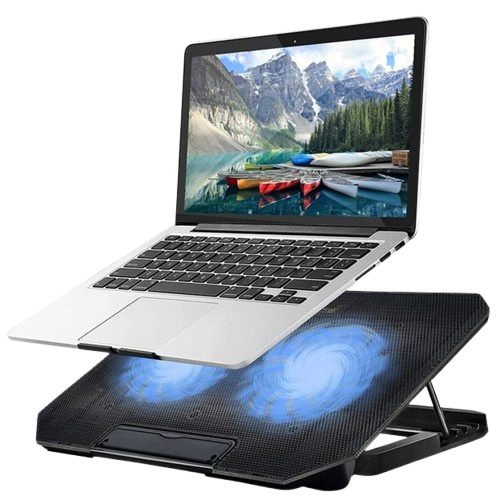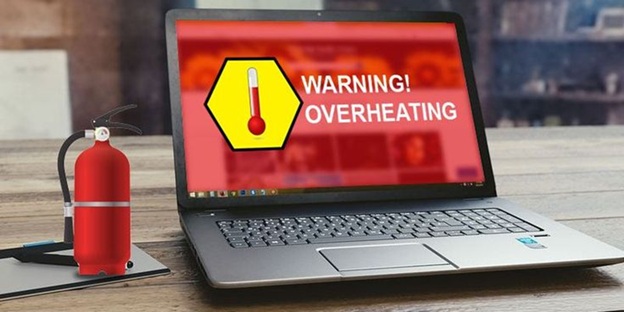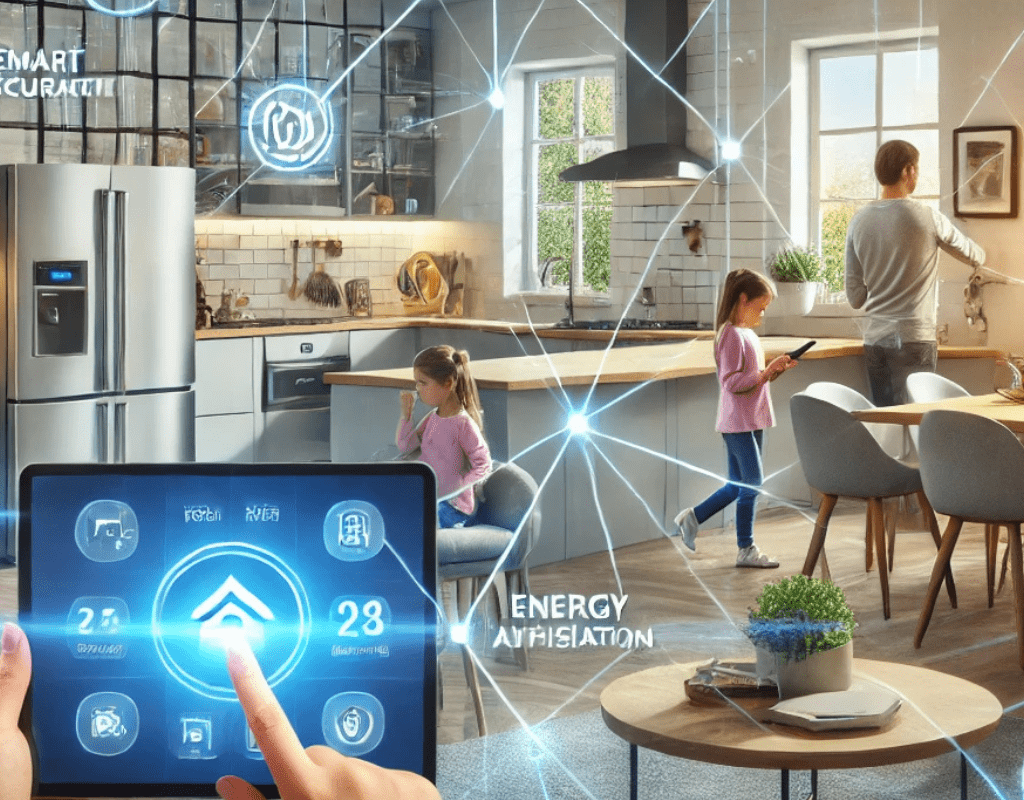Introduction
Laptops are essential devices in our daily lives. Whether for work, gaming, or whatever, we tend to perform many tasks by using them. One of the common issues most laptop users face is overheating. Too much heat can cause reduced performance, system failures, and, in extreme cases, hardware failures.
The good news is that some excellent laptop cooling hacks can help you keep your laptop running smoothly. This article will cover different DIY methods for lowering heat and extending your laptop’s life.
Understanding Overheating
Before we dive into cooling hacks, it’s critical to understand why laptops overheat. A few reasons can lead to overheating, such as poor ventilation, excess dust buildup, and demanding tasks.
Laptops produce a lot of heat since they process data and run programs, so excess heat needs to be dissipated to prevent overheating. If the internal temperature gets too high, your laptop may throttle performance to minimise damage.
This can get frustrating with your laptop, especially if you want it to run like it should. Here are some laptop colling hacks:
Symptoms of a Hot Laptop
It’s important to know that there are signs of an overheating laptop! Common indicators include:

- Loud Fans: When your laptop’s fans continuously run loudly, the system works extra hard to keep itself cool.
- System Lag: System lag and slow load times are typical if your device runs hot.
- Hot Surface: If the laptop is too hot to the touch in certain areas, action is needed.
- Overheating: Many laptops will suddenly shut down when overheating to prevent hardware damage.
If you notice any of these signs, cool off immediately.
DIY Laptop Cooling Hacks
Now that you know why you should keep your laptop cool, let’s look at computer cooling hacks. Here are some tricks that you can use to manage heat and enhance your device’s performance.
Use a Cooling Pad
Cooling pads are one of the simplest ways of keeping your laptop cool. Low Pro—Small up Stand-Up Laptop Pads: These pads come with fans that quickly circulate air around your computer.
They offer extra cooling, mainly when performing resource-heavy gaming or video editing tasks. Laptop cooling pads are relatively inexpensive and can significantly improve laptop cooling performance.
Elevate Your Laptop
The laptop generates heat underneath it, and improper ventilation can hinder hot air from escaping. Lifting your computer also helps with airflow and keeps it from heating.
If your laptop has stiff-hinged legs, you can even use a laptop stand or pile up some books to create space for air to flow. Most models include a unique air flow design that raises the back of the laptop, adjusting airflow under the computer to dissipate heat more efficiently.
Keep Vents Clear
Keep your vents clean and checked frequently to be sure they allow airflow. Dust and debris may build up in these areas, preventing ventilation. Blow out dust from the vents with compressed air. Be gentle doing this so you don’t damage any internal components. The clear vents help with air flow so your laptop can cool down efficiently.
Optimize Power Settings
Tweak your laptop’s power settings to help limit heat creation. Most laptops have a power-saver mode that cuts back performance to save energy. Changing to this mode reduces the amount of heat produced. You can also minimize background applications and processes that waste resources. That not only lowers heat, but it also prolongs battery life.
Monitor Resource Usage
Check your laptop’s resource usage with task management software. This is due to high CPU or GPU usage (overheating). Detect any offending applications making your system a tough time. Remove unwanted programs that use up resources—reducing heat and providing a performance boost in one easily installable step.
Clean the Laptop Internally

For a more in-depth solution, attempt to clean your laptop’s internal components. Because of dust accumulating on these, they become less effective. To do this, you must open your computer carefully per the manufacturer’s guidelines.
Ensure you give the internal components a blast of compressed air while in there, focusing on the fans and heatsinks. You should also clean the internal parts regularly so that they can cool better.
Manage Your Environment
Environmental factors can affect the temperature at which your laptop functions. Make sure your workspace is adequately ventilated and out of direct sunlight. Never use a laptop on a soft surface such as a bed or couch, which can block vents. Instead, use a hard surface to allow for proper airflow. If you work in a hot place, blow air around the laptop with a fan.
Use Thermal Paste
If you feel DIY-savvy, reapplying thermal paste to the CPU and GPU is another option. By conducting heat away from these components, thermal paste increases the cooling efficiency. If the paste dries, it can also block effective heat transfer. If necessary, scrub off the old paste and apply a new paste to help with thermal conductivity.
Limit Graphics Performance
If users are gamers or do graphics-intensive work, consider restricting graphics performance. Reducing graphics settings in games or applications can help reduce strain on your laptop’s GPU, reducing heat generation. Sure, you may surrender some visual fidelity, but you will be rewarded with better cooling and performance consistency.
Regular Updates
Keeping your laptop’s software current can also help mitigate heat. Software updates often come with performance improvements and bug fixes that can help boost efficiency even more. Always look for updates for your operating system and drivers. Doing this will help you be more efficient with your resources and produce less heat.
Conclusion
The laptop is essential right now, as we use it for numerous other purposes beyond the office. These laptop cooling hacks can help you control what’s heating inside your laptop’s case and improve the device’s efficiency. These tips may range from using cooling pads to optimising power settings.
But remember to clean your laptop, monitor resource usage, and manage your environment whenever possible. The results will be better.
Following a few simple steps, you can ensure your laptop keeps cool and performs well while working, gaming, or streaming. These tips can help you get a much smoother and more reliable experience from your PC.




